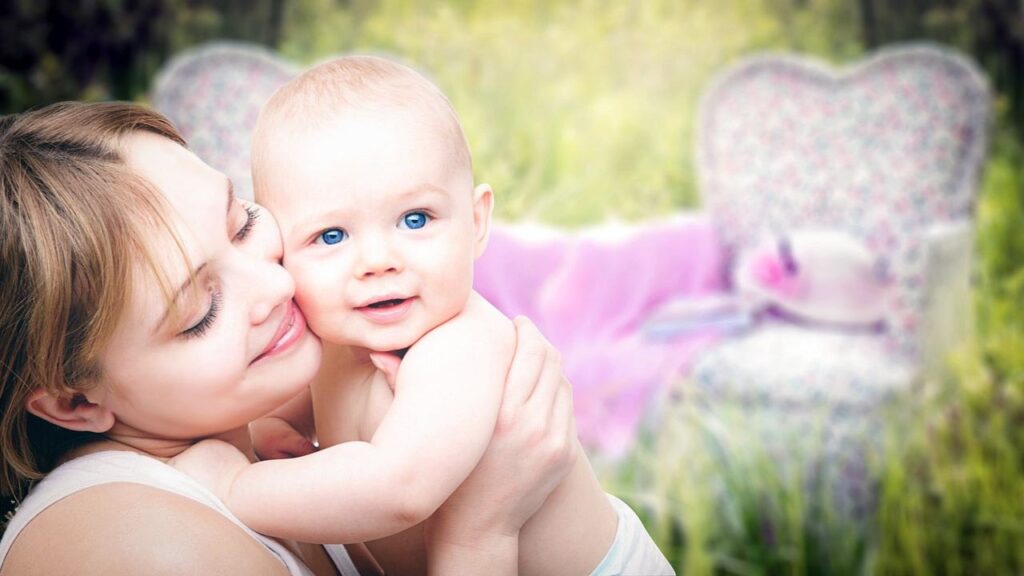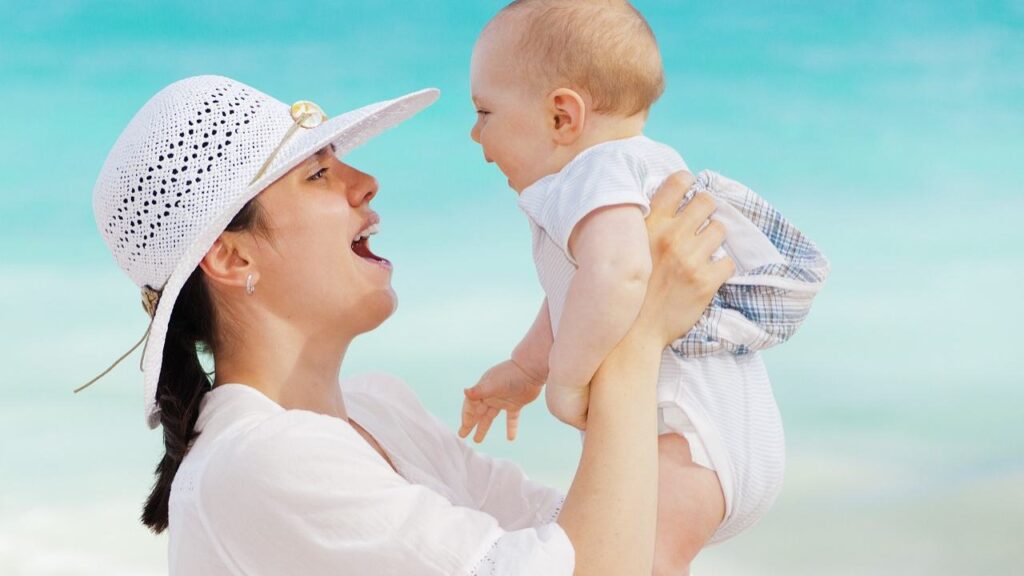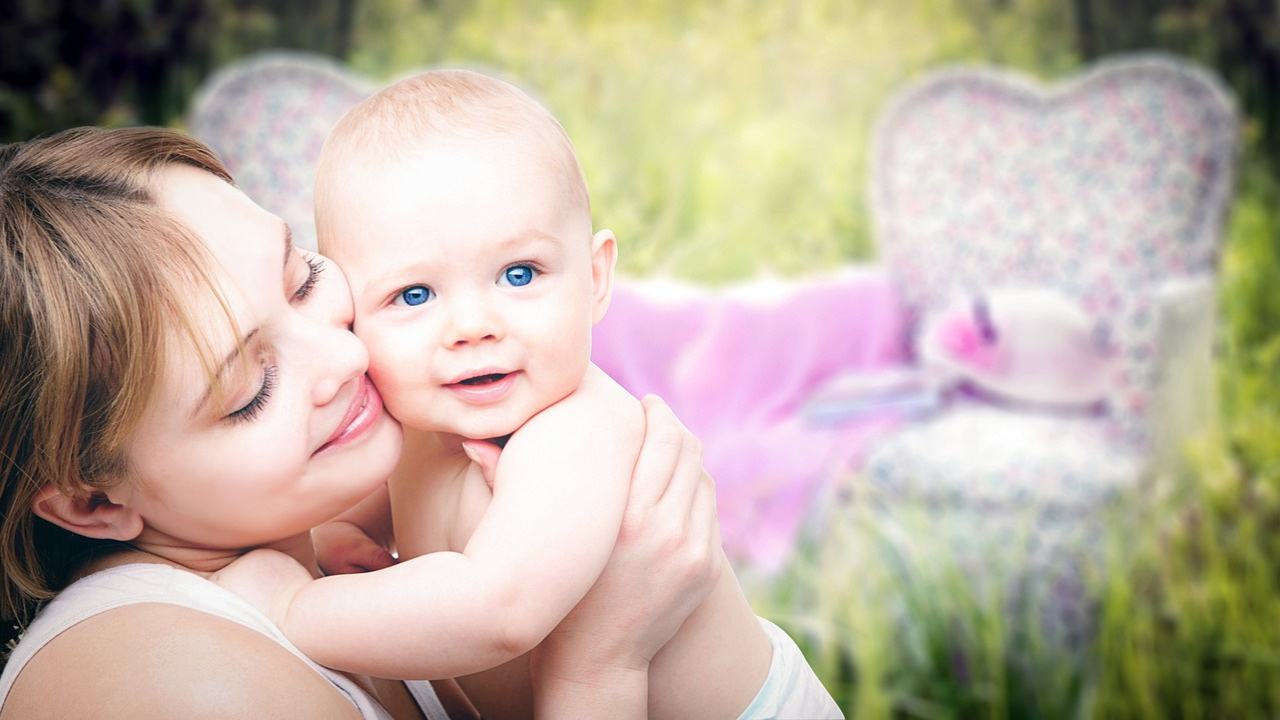Motherhood is a remarkable journey filled with love, challenges, and immense responsibilities. For every mother, understanding her primary duties in caring for her baby is a vital part of ensuring the baby’s overall well-being. The main responsibility of a mother in baby care is not just about meeting the baby’s basic needs but nurturing their emotional, physical, and cognitive growth. This guide highlights seven expert tips that help mothers fulfill their roles effectively while fostering a strong bond with their little ones.
Why Understanding a Mother’s Role in Baby Care Is Essential

The role of a mother goes beyond routine care; it forms the foundation for the baby’s lifelong health and happiness. Proper maternal involvement during infancy impacts the baby’s development in profound ways, from building emotional security to fostering early learning skills.
Understanding the main responsibility of a mother in baby care allows mothers to create a nurturing environment where their babies thrive.
1. Emotional Bonding: The Heart of Baby Care
Establishing a Secure Connection
One of the most vital roles a mother plays is creating an emotional bond with her baby. This connection helps the baby feel safe and loved, building their trust and emotional resilience. Emotional bonding begins right after birth and continues to strengthen through daily interactions.
Tips for Emotional Bonding
- Hold your baby close during feeding times or quiet moments.
- Respond promptly and gently to your baby’s cries to show them they are cared for.
- Speak, sing, and make eye contact with your baby regularly.
Building an emotional bond contributes significantly to a baby’s cognitive and social development, reinforcing the importance of maternal care in early life.
2. Proper Nutrition: The Foundation of Good Health
Providing the Right Nutrients
A mother’s role in ensuring proper nutrition starts with breastfeeding or selecting a suitable formula. Breast milk is ideal for newborns, offering essential nutrients and antibodies that boost immunity. For mothers unable to breastfeed, consulting a pediatrician for the best alternatives is essential.
Nutritional Guidelines for Babies
- Breastfeed exclusively for the first six months of life, if possible.
- Gradually introduce solid foods after six months while continuing breastfeeding.
- Avoid added sugar, salt, or processed foods during the weaning stage.
Ensuring proper nutrition is a key aspect of the baby care responsibilities for mothers and directly supports the baby’s healthy growth and development.
3. Promoting Hygiene for a Healthy Start

Maintaining Daily Hygiene Practices
Cleanliness is crucial for preventing infections and promoting the baby’s comfort. Mothers must follow proper hygiene routines to ensure their baby remains healthy.
Hygiene Practices to Follow
- Bathe your baby regularly using lukewarm water and gentle, baby-friendly products.
- Keep their nails trimmed and their hands clean.
- Sterilize feeding bottles and pacifiers after each use.
Good hygiene practices contribute to overall well-being and are a core part of a mother’s baby care responsibilities.
4. Creating a Safe and Comfortable Sleep Environment
Ensuring Safe Sleep Practices
Sleep is critical for a baby’s development, but it also requires careful attention to safety. Mothers must provide a safe sleep environment to minimize risks and promote restful sleep.
Safe Sleep Tips
- Lay your baby on their back to sleep.
- Use a firm mattress and avoid pillows, blankets, or stuffed animals in the crib.
- Keep the baby’s sleeping area free from smoke or allergens.
Ensuring proper sleep hygiene highlights a mother’s duties for baby health, supporting growth and brain development.
5. Encouraging Cognitive and Sensory Development
Stimulating Early Learning
A mother plays a pivotal role in fostering her baby’s cognitive and sensory development. Engaging in interactive activities and providing opportunities for exploration are key elements of early learning.
Activities to Support Development
- Introduce toys with different textures, shapes, and sounds.
- Talk, sing, and read to your baby daily to build language skills.
- Allow safe exploration of the baby’s surroundings to stimulate curiosity.
Encouraging sensory experiences aligns with the importance of maternal care, fostering a strong foundation for learning and creativity.
6. Supporting Physical Health Through Regular Check-Ups
Staying on Top of Medical Care
Scheduling regular pediatric visits is a vital responsibility of a mother. These visits help track the baby’s growth, monitor developmental milestones, and address potential health issues.
Medical Care Checklist
- Keep up with immunizations as recommended by the pediatrician.
- Monitor milestones such as crawling, sitting up, and first words.
- Seek medical advice promptly if your baby shows unusual symptoms.
Proactive healthcare forms a critical part of a healthy newborn care guide, ensuring the baby remains on track for a thriving future.
7. Balancing Baby Care with Self-Care

Nurturing Yourself
While caring for a baby demands immense effort, mothers should prioritize their well-being to stay energized and positive. Balancing baby care with self-care helps mothers maintain their physical and emotional health.
Self-Care Tips for Mothers
- Take breaks when the baby is sleeping to relax or enjoy a hobby.
- Share responsibilities with a partner or family members.
- Practice light exercises, meditation, or yoga to reduce stress.
A mother’s well-being directly impacts her ability to provide the best care, emphasizing the value of balance in her role in newborn care.
Simple Yet Effective Baby Care Tips for Mothers
Beyond the essential responsibilities, there are extra steps mothers can take to enhance their baby’s overall care. These additional baby care tips help ensure your baby remains healthy, comfortable, and emotionally secure. Following these practices can simplify daily routines and create a nurturing environment for the baby.
- Maintain a consistent daily schedule to provide structure and predictability.
- Monitor your baby’s skin health by using gentle, hypoallergenic products.
- Engage in tummy time daily to promote physical strength and motor skills.
- Rotate toys and activities to keep your baby stimulated and curious.
- Practice self-care to stay physically and emotionally prepared for baby care responsibilities.
Incorporating these additional measures aligns with the main responsibility of a mother in baby care, offering comprehensive support for your baby’s development.
Conclusion
The main responsibility of a mother in baby care encompasses a wide range of tasks, from emotional bonding and nutrition to hygiene, health monitoring, and personal balance. These responsibilities require patience, dedication, and love. By following the expert tips shared in this guide, mothers can ensure their babies grow up healthy, happy, and well-cared for. Every step taken with care and thought strengthens the bond between mother and child, laying a foundation for a lifetime of trust and connection.
FAQ’s
What is the main responsibility of a mother in baby care?
The main responsibility is ensuring the baby’s physical, emotional, and cognitive well-being through proper care, nutrition, and bonding.
Why is emotional bonding important in baby care?
Emotional bonding helps create trust and security, essential for the baby’s emotional and mental development.
How can mothers maintain their baby’s hygiene?
Mothers should follow regular cleaning routines, including bathing, nail trimming, and sterilizing feeding equipment.
What role does nutrition play in baby care?
Nutrition supports the baby’s physical growth, immune health, and brain development. Breast milk or formula and later solid foods are key to this process.
How can mothers balance baby care and self-care?
Mothers can balance responsibilities by creating a routine, seeking support, and setting aside time for relaxation and self-renewal.





Pingback: Does Eating Unhealthy Affect Breast Milk? Learn 7 Key Facts